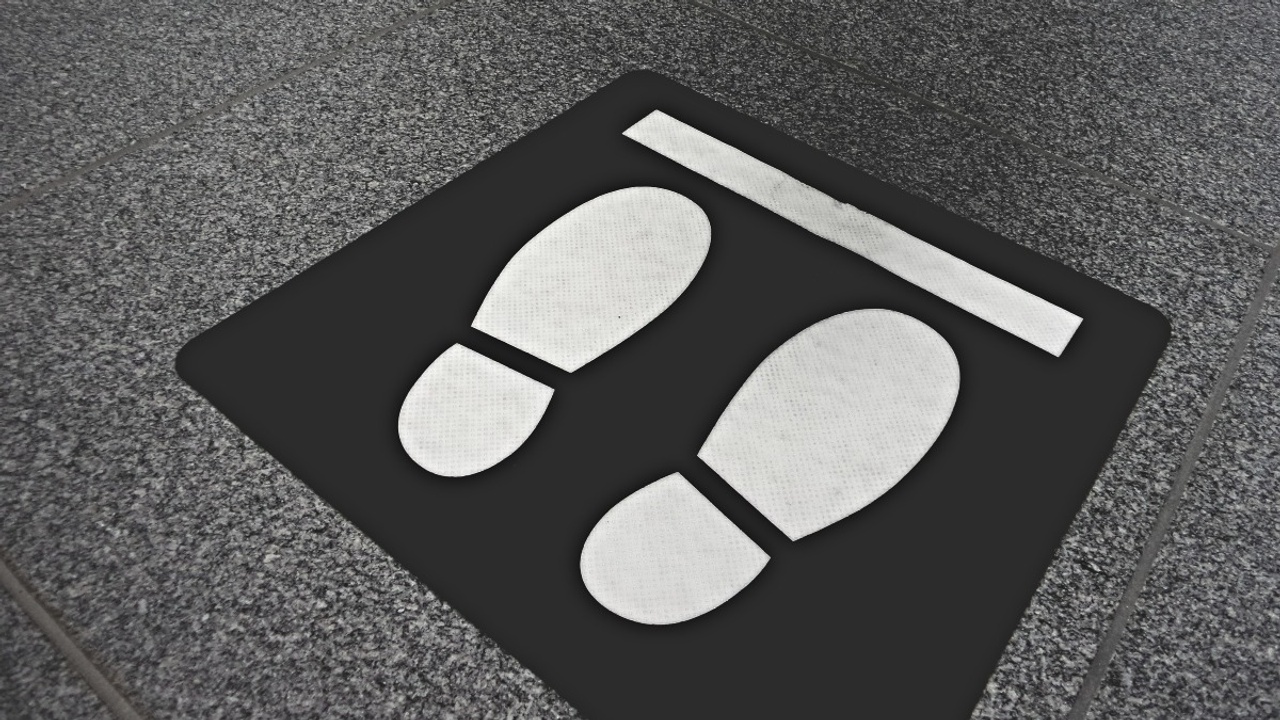Will the "doormats" inherit the earth?
Dec 17, 2021
Inspired by a sermon by the Reverend Fred Hope, pastor of Rockville Presbyterian Church, Wadmalaw Island, SC
Who, me meek?
Merriam-Webster:
Meekness: the quality or state of being meek: a mild, moderate, humble, or submissive quality
The above definition from Merriam-Webster about sums up what we understand about meekness. And this understanding we bring to our reading of the Scriptures, specifically Matthew 5:5:
“Blessed are the meek, for they shall inherit the earth.” [Matthew 5:5]
And Psalm 37:11:
“But the meek shall inherit the land and delight themselves in abundant peace.” [Psalm 37:11]
But does this understanding accurately describe who we are in Christ? And just as important, does this understanding truly capture the intent of these Scriptures? Let’s get started.
First, some historical background
In the 4th Century, when the Bible was translated into Latin, the Hebrew word (as in Psalm 37) and the Greek word (as in Matthew 5:5) were translated as mansuetudo, which means "tameness, gentleness, mildness.”
Throughout the centuries, subsequent translations of the Bible into German and later into English continued interpret that word with its submissive meaning. That’s how we’ve come to understand that the “submissive” people—you could read into it, the “doormats”—will come to inherit the earth.
Merriam-Webster:
Doormat: one that submits without protest to abuse or indignities
Not entirely accurate. Because it all depends upon whom you’re submissive.
A more accurate interpretation
Recently, translators have come to better understand further nuances of the original Hebrew and Greek to more precisely mean being submissive toward God, trusting Him for the outcome.
Being submissive toward God—the Creator of all who spoke the universe into being, the sovereign God—and trusting Him for the outcome puts “meekness” in an entirely different light. There may be times when, from a human perspective, you are helpless and may appear as a doormat, but you are building up a greater strength as you trust God.
God’s ways
And why might it appear to human eyes that you are that doormat? Well, we read in the Prophet Isaiah what God says of himself:
For my thoughts are not your thoughts,
neither are your ways my ways, declares the Lord.
For as the heavens are higher than the earth,
so are my ways higher than your ways
and my thoughts than your thoughts.
[Isaiah 55:8-9]
God’s ways are far above our own, as He is God. That is indeed mysterious. But what is not so mysterious is when we put our trust in humans. Because if we trust in ourselves or in another human being, there will be times when that trust fails, as human beings fail. But if we trust in God, our trust is never misplaced and we will never fail.
What happens when we trust in God
So what really happens when we trust God? Well, we receive the desires of our hearts, hearts transformed to desire what God desires:
Trust in the Lord, and do good;
dwell in the land and befriend faithfulness.
Delight yourself in the Lord,
and he will give you the desires of your heart.
[Psalm 34:3-7 ]
We know that God will act:
Commit your way to the Lord; trust in him and he will act."
[Psalm 37:3-5]
We know that God will make a way for us:
Trust in the Lord with all your heart,
and do not lean on your own understanding.
In all your ways acknowledge him,
and he will make straight your paths.
[Proverbs 3:5-6]
We know we can stand firm:
Those who trust in the Lord are like Mount Zion, which cannot be moved, but abides forever.
[Psalm 125:1]
In these next passages, although what some translate as “trust” and in the English Standard Version the same word is translated “belief”, this does not equate to intellectual assent. Rather, “belief” also denotes having a trust in something. And trusting in Christ is the basis of Christian living.
With that in mind, here are more ways God blesses us when we trust (believe) in Him.
Eternally satisfied:
“Jesus said to them, ‘I am the bread of life; whoever comes to me shall
not hunger, and whoever believes in me shall never thirst.’”
[John 6:35]
Honor:
“Behold, I am laying in Zion a stone of stumbling, and a rock of offense;
and whoever believes in him will not be put to shame.”
[Romans 9:33]
And last—but most certainly not the least--eternal life:
“Truly, truly, I say to you, whoever believes has eternal life.”
[John 6:47]
"And He humbled himself"
The next time you read these Bible passages around meekness and see in your mind a cowering worm submitting to human mistreatment because "that's what the Bible says", stop for a moment and remember to whom you are really submitting. You are submitting to a loving, caring God who promises to "wipe away every tear from your eyes." A loving God who, while we were yet sinners, sent His son, Jesus, "who humbled himself on a cross", to die in our place so that we would inherit eternal life. A loving God whose ways are not our ways but who is, nonetheless, working for our good in all things. It is to Him we submit in meekness. It is to Him that all honor, and glory, power, and dominion belong. Amen.
Like what you've read? If so, there's I've got more for you-- like video Bible studies, a monthly live chat with me where you can "ask me anything" and additional original content designed to encourage and equip you as a warrior for Christ. To learn more, go to Abundance Place Memberships.
Copyright 2021. Sandra A. Eggers. Sharing is encouraged; however, please give credit where credit is due. Thank you.
